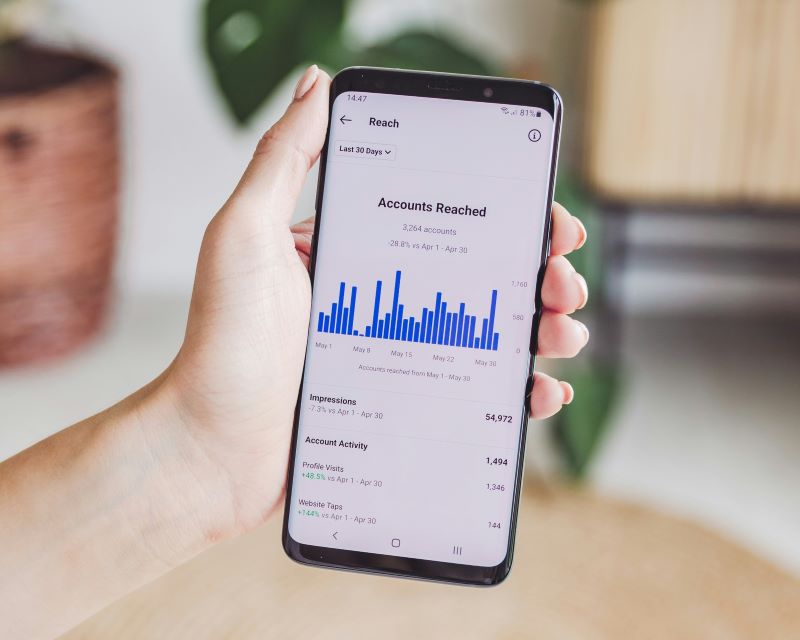Sales and marketing – an interdependent relationship in achieving shared business goals

After over ten years of helping small and medium businesses with their marketing, I have observed plenty of patterns of business behaviour that are either barriers to progress or keys to success. One of these is the business approach around collaboration between teams – particularly sales and marketing, as discussed here.
If teams are working in silos, ‘sales’ is always considered to be the job of the sales department. The impact of this is the missed opportunity to cast the net wider to increase leads going into the sales funnel.
Everyone working for a company is a potential salesperson if equipped with the right information and process to follow. Sometimes it’s as simple as preparing a templated email or direct message with links to the relevant page of a website with the contact details of the right person to get in touch with for more information. This can be shared company-wide.
Or sometimes it involves ensuring that all employees know what they should do in the case of their contact wanting more information. Better still, offering a referral incentive for those that convert to a sale can help employees go the extra mile with generating referrals. The latter is another form of employee recognition that is part of the bigger picture around building a positive company culture. The benefits for the employer go well beyond generating an additional sale. These initiatives create an environment where effort is recognised, the team feel valued, and everyone feels that they are contributing to something where the whole is greater than the sum of its parts. Collaboration brings people together, fostering the kind of positive relationships between employees and customers that thrive on connection.
Similarly, everyone working for a company has the potential to get involved in marketing. Without input from people at the coalface who deal with customers and prospective customers regularly, marketers risk being out of touch with who their target audience is, their requirements, triggers, motivations etc. which are important insights into mapping the customer journey and generating content or activities that resonate.
Take social media for example. I heard from a fellow marketer about her experience at a conference held by her employer at which she was asked to present to their real estate agents. After giving an overview of the benefits of using social media effectively within the real estate sector and empowering them with the knowledge and tools to leverage these recommended platform(s), members of the audience more or less said “you’re the marketing team, can’t you just do it?” I have also observed this type of response on a regular basis and here is the thing…it takes collaboration to do it properly and well.
Although marketing can usually do a great job of making things read better and look more attractive – they are usually not at the coalface to be able to generate all the content (e.g. capture photos, report on day to day successes, share funny stories etc.). The relationships are fostered on these social platforms and if it is the salespeople or technical experts that have the connections, marketers are unable to tap into those personal connections and build relationships. Authenticity is key and that comes down to everyone showing up rather than having someone else, (who is likely to be less in touch), doing all the leg work. The fruits of relationship-building come from those in the relationship being present, not hiding behind others!
Marketing teams are generally very eager to receive input, feedback, and ideas from other teams…sadly it doesn’t always come that easily. It reminds me of the comment that is often made to those who choose not to vote during an election, “if you don’t vote, you can’t complain”! If you are not willing to get involved with marketing by at least participating in sharing information, giving suggestions, and providing feedback, then you can’t complain about marketing!
As with many other inter-departmental connections, the best results from the marketing function supporting common business goals come from working together across an entire organisation. So, even if you don’t see marketing ‘as’ your job, then at least see it as ‘part of’ your job. Especially in the sense of being engaged with marketing teams and getting involved where relevant…particularly, when asked! Sales relies on marketing and marketing relies on sales, regardless of which channel, which platform or how much marketing has changed over time. The key is remembering that even if these functions have separate goals on a departmental level, at a higher level they share the same overarching business goals. As different as sales and marketing people can be, they are still two peas in the same pod…or at least that’s how I see it!
Want to know what else I think? Check out our mission and philosophy on marketing.


